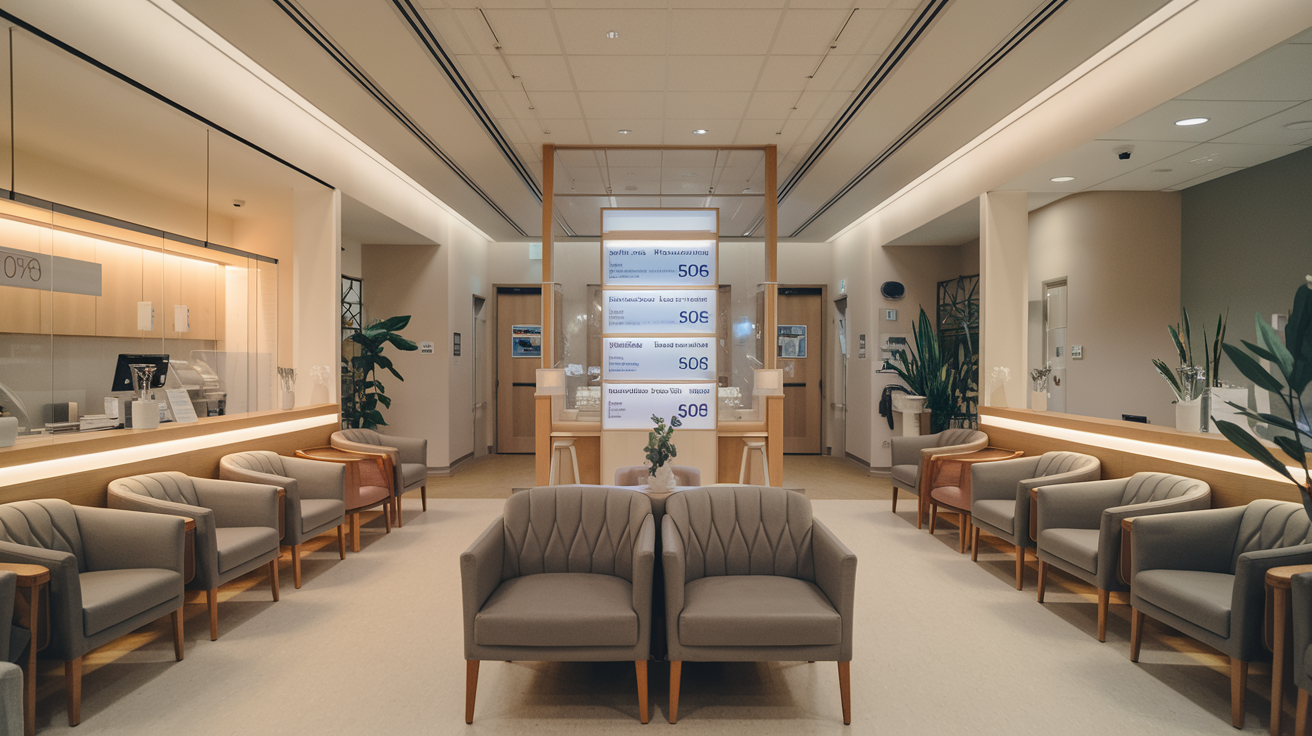Why We Don’t Accept Insurance—And Why That’s a Good Thing
In today's healthcare landscape, many patients find themselves navigating the complexities of insurance coverage. At our practice, we have made a conscious decision not to accept insurance, and while this may seem unconventional, it comes with a host of benefits for both our patients and our team. Let's explore why this approach is not only viable but advantageous.
Streamlined Care Without Insurance Hassles
One of the primary reasons we don’t accept insurance is to eliminate the bureaucratic red tape that often accompanies it. When insurance companies are involved, the focus can shift from patient care to paperwork and approvals. By opting out of this system, we can:- Provide more personalized care tailored to individual needs, ensuring that each patient receives the attention and treatment they deserve.
- Reduce wait times for appointments and treatments, allowing patients to receive timely care without unnecessary delays.
- Focus on the quality of care rather than the quantity of patients, enabling us to dedicate more time and resources to each individual.
Transparent Pricing for Better Financial Planning
Another significant advantage of not accepting insurance is the transparency it brings to pricing. Patients can clearly understand the costs associated with their care without hidden fees or unexpected bills. This transparency allows for:- Better budgeting and financial planning for patients, as they can anticipate their healthcare expenses without surprises.
- Clear communication about what services are provided and their costs, fostering a sense of trust and understanding.
- Opportunities for patients to choose the care that best fits their budget, empowering them to make informed decisions about their health.
Enhanced Patient-Provider Relationships
Without the constraints of insurance, we can foster stronger relationships with our patients. This leads to:- More open communication and trust between patients and providers, creating a supportive environment for discussing health concerns.
- Increased time spent on each appointment, allowing for thorough discussions about treatment options and health goals.
- A focus on long-term health outcomes rather than short-term insurance goals, ensuring that we prioritize what truly matters for our patients' well-being.
Flexibility in Treatment Options
Not being tied to insurance contracts allows us to offer a wider range of treatment options. This flexibility means we can:- Utilize the latest and most effective treatments without insurance limitations, ensuring our patients receive the best care available.
- Adapt our services to meet the unique needs of each patient, providing customized care plans that align with their health objectives.
- Prioritize holistic and preventative care approaches, focusing on overall wellness rather than just treating symptoms.
Conclusion: A Patient-Centric Approach
While the decision not to accept insurance may seem daunting, it ultimately leads to a more patient-centric approach to healthcare. By prioritizing quality, transparency, and relationships, we believe we can provide a superior experience for our patients. If you're looking for a healthcare provider that puts your needs first, consider the benefits of a practice that operates outside the insurance model. Our commitment to your health and well-being is unwavering, and we are here to support you every step of the way.
A Deeper Look at Personalized Health Management Plans and Preventive Care Through Concierge Services
Discover how personalized health management plans through concierge services can transform your healthcare experience, enhancing preventive care and improving patient outcomes tailored just for you.










